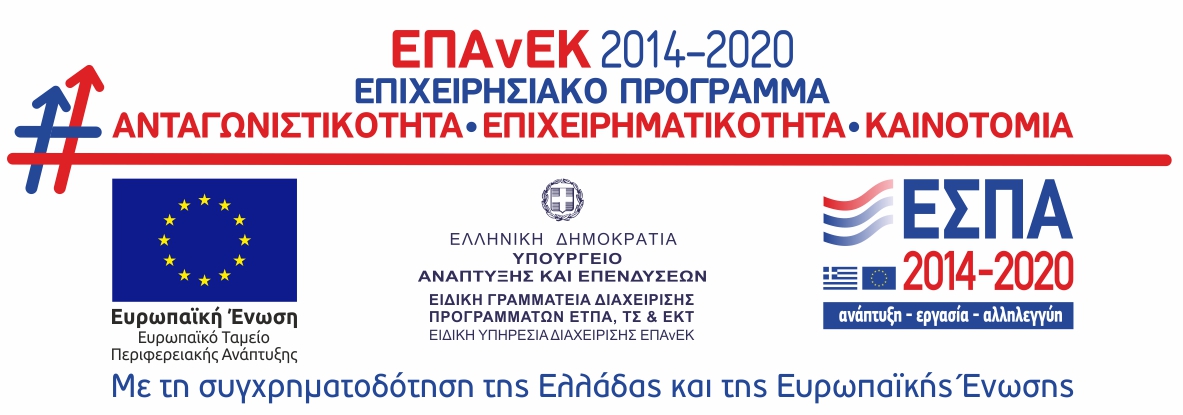Whilst teachers and students often feel comfortable with the familiar PPP (Presentation, Practice, Production) approach, both may find the more realistic, flexible, and, often, more memorable approaches of Task or Project-Based Learning more beneficial in the long term. Both TBL and PBL require a change of role for both the learner and teacher. The role of the teacher becomes more of a management one, guiding and facilitating the achievement of an end goal. Learners work more independently of their teacher and co-operate and communicate more with their peers. These changes of role can be quite difficult at first, so why move towards some TBL or PBL in your classrooms?
Task-Based Learning (TBL)
Jane Willis in her 1996 book, ‘A Framework for Task-Based Learning’, outlines a different approach to teaching and learning which places the completion of a task at the centre of a lesson or series of lessons. As with all approaches, others have adapted and amended the original approach, but there are some basic common tenets. To be a valid task for the purposes of this approach, for example, it must be realistic and have a clear objective. The task must be written in such a way that language is necessary for it to be achieved. For this reason, there must be an information gap. The language learners need to communicate to fill this gap.
However, this approach is not simply based on the creation of a task. There are also a number of stages that should be followed. These stages include:
- A pre-task activity which introduces the topic and task
- The completion of the task, following the stages of
- Task completion
- Planning of task feedback from learners in pairs or small groups
- Leaners report back on their task
- The teachers and students focus and feedback on task language
Initially, the focus is on the fluency of language and completion of the task, whereas in the later stages and the final feedback stage the teacher may focus more on its accuracy.
Example TBL Task
One typical type of task is problem solving/ decision making but there are many ways to add to the problem/decision to ensure that as much language is created as possible.
For example, An unused room in your school is going to be refurbished and redecorated. In small teams, offer two or more alternative uses for the room. Consider the advantages and disadvantages of both. Which would be cheapest, the most environmentally friendly, the most likely to encourage more students to the school? Present your findings (including a sketch design) to the class. The best one will be shown to the school DOS/Director.
Project-Based Learning (PBL)
Project-based learning has been described as “an extended learning process that uses inquiry and challenge to stimulate the growth and mastery of skills.” Perhaps the most important word in this description is ‘extended’. PBL is based around a central topic or theme and can last a week, a semester, or can run through a school year. PBL might not mean focussing on one single task for an entire week or semester but it may involve a number or smaller projects related to the theme. These may eventually converge in the answering of a driving question which focuses the inquiry and motivates the learners.
Other essential elements of PBL are: “Access to means of investigation (the Internet has made this part of project work much easier) to collect, analyse and use information [and] Plenty of opportunities for sharing ideas, collaborating and communicating. Interaction with other learners is fundamental to PBL.”
Finally, PBL must have an end product. There may also be a series of products along the way but there must be something tangible responding to the initial inquiry. This may be, for example, a presentation, report, magazine, or an entire online blog containing a number of
So, how is PBL different from simply ‘doing projects?’

Example of PBL
It is possible to have a stream of PBL running alongside more traditional PPP lessons. For example, a graded reader could be used as a springboard for PBL. Learners could read, for example, the graded version of the Canterbury Tales, in their groups or as a class and then work in groups to address the following.
Canterbury Tales

How could you create a board game based on The Canterbury Tales’
Characters, Events and Themes?
By the end of the semester, you must:
- Create a sheet of instructions which show how to play the game.
- You will also need to create a document/presentation to share with a games manufacturer which makes clear:
i) the connection between the game and the book
ii)why you think the game would be successful
This would necessitate a great deal of creative higher thinking and communication as well as the use of all four skills. It could help bring the literature to life and ensure that learners have to know, understand, and discuss the important aspects of the book.
There are a great many further sources for teachers interested in both of these approaches, including sample TBL lessons, for example, on YouTube.
Further reading:
Online:
http://www.edutopia.org/blog/world-language-project-based-learning-education-curriculum-don-doehla
https://www.teachingenglish.org.uk/article/a-task-based-approach
Books:
Ellis, R. Task-based Language Learning and Teaching. 2013 (Oxford Applied Linguistics)
Wiilis, D and J. Doing Task-Based Teaching: A practical guide to task-based teaching for ELT training courses and practising teachers. 2007 (Oxford Handbooks for Language Teachers)
References:
Markham, T 2012, Project Based Learning. Design and Coaching Guide p.x
Bilsborough, K. ‘TBL and PBL: Two learner-centred approaches’ http://www.teachingenglish.org.uk/article/tbl-pbl-two-learner-centred-approaches (Retrieved 11/7/2017)
Based on an original idea by http://mrsabercrombie.wikispaces.com/file/view/Canterbury+Tales+Project.pdf
Author: Victoria Boobyer
Victoria Boobyer is a freelance writer, trainer and E-Moderator and also acts as the ICT & Social Media consultant for a number of ELT institutions. Until late 2013, she was Academic Manager at Anglo European School (Bournemouth, UK) where she implemented an extremely successful programme of complementary handheld learning.
She has written for several publishers and the British Council, for whom she has also given seminars. She is experienced in writing for print and digital media – including creating interactive content SmartBuilder. She co-created the British Council ELTon shortlisted ELTpics.











